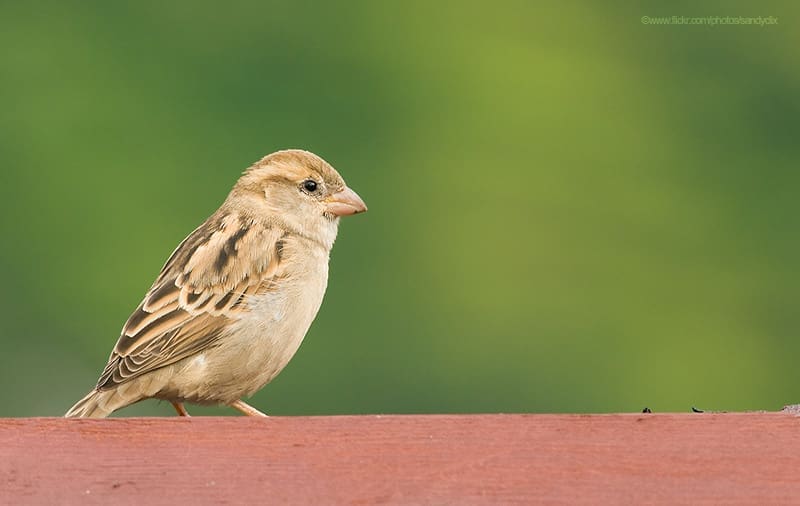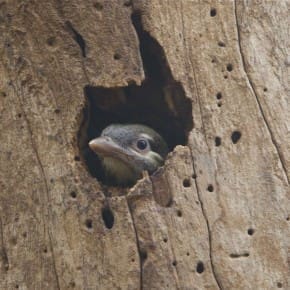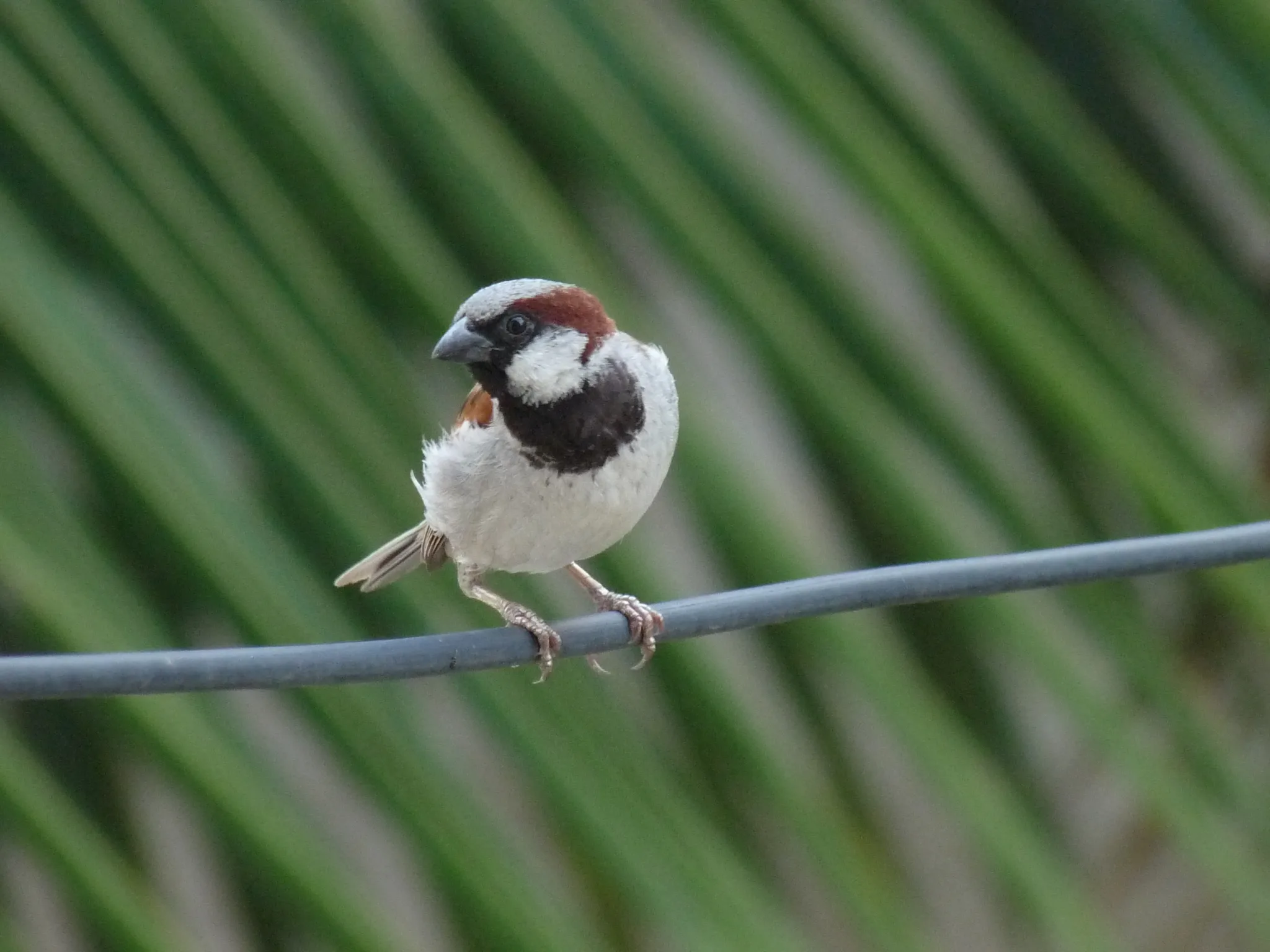
There’s something endearingly familiar and comforting about the presence of house sparrows.
Something warm and inviting and domestic that is redolent of homecoming.
Something soothing, like the scent of woodfire hearths at the end of a long jungle walk that invokes atavistic pleasures of hunting and gathering.
Against the gnash and growl of urban soundscapes, the music of sparrows, like the jingle of coins in a fist, is a reassurance, a stress-obliterating salve.
Think ‘sparrow’ and the mind spills a cornucopia of memories, so many of them at once ancient and pastoral: The smell of hay drying in the yard. Eaves dripping with last night’s rain. Hearts going tender at feeble cheeps emanating from nests hidden away in rotting wooden walls, crevices and hollows in clay tiles, and thatch roofing.
Some of these are ancestral memories mined from a collective unconscious; they are oddly maudlin.
As a race, we have doubtless lived with sparrows for aeons. We crave the companionship of these cosmopolitan birds, etching them into canvas and verse, song and rime. And we ache for them when they are gone.
Microwave towers and modern architecture are being blamed for the disappearance of sparrows from our cities. A flipside of the same dogged drive for urbanisation that has allowed crows, mynas and feral pigeons to thrive.
And then, again, we have taken sparrows with us far and wide from their original homes, much as we did, to occupy places where they edged out the endemic birdlife and established themselves while we barely noticed what became of the original inhabitants.
In just a decade from now, in a world that is losing its biodiversity at a ludicrously alarming rate, we will have less and less of rural land use and fewer roosting sites for sparrows. Farmsteads, cultivated fields and orchards will yield to more and more urban habitation. It is discomfiting yet inevitable. Such is the pressure we exert upon every ecosystem with our inequitably lopsided needs and wants.
Imagine an evening divested of the chorus of sparrows singing themselves to sleep…
Unthinkable.
Will the house sparrow evolve and adapt?
Evolutionists and scientists, biologists and lawmakers will debate till kingdom come. What shall we do, meanwhile?
Today, on World Sparrow Day, we shall do a little something to remember them by. Like put that nest box out on the balcony. Or leave a scattering of grain and a shallow bowl of water.
Or just speak a word in appreciation of a companion of aeons, a sharer of stories, and a fellow-pilgrim at vespers and matins.
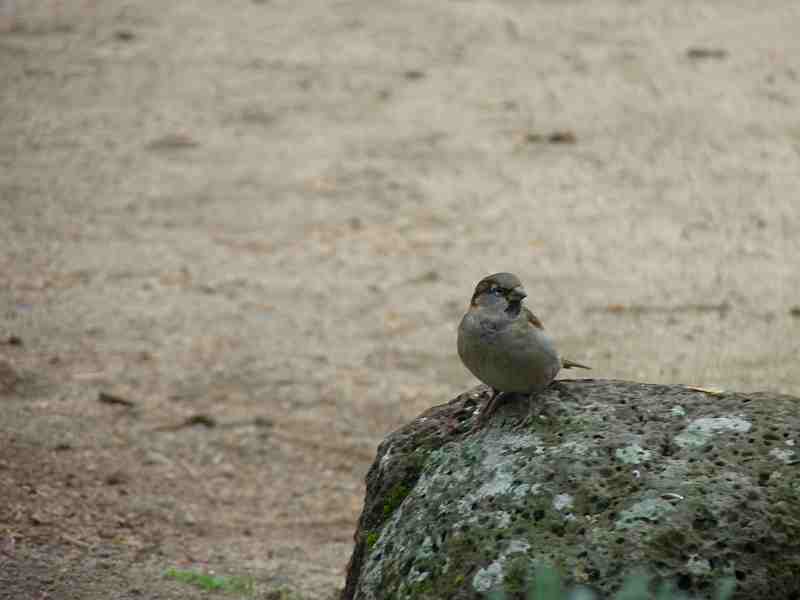
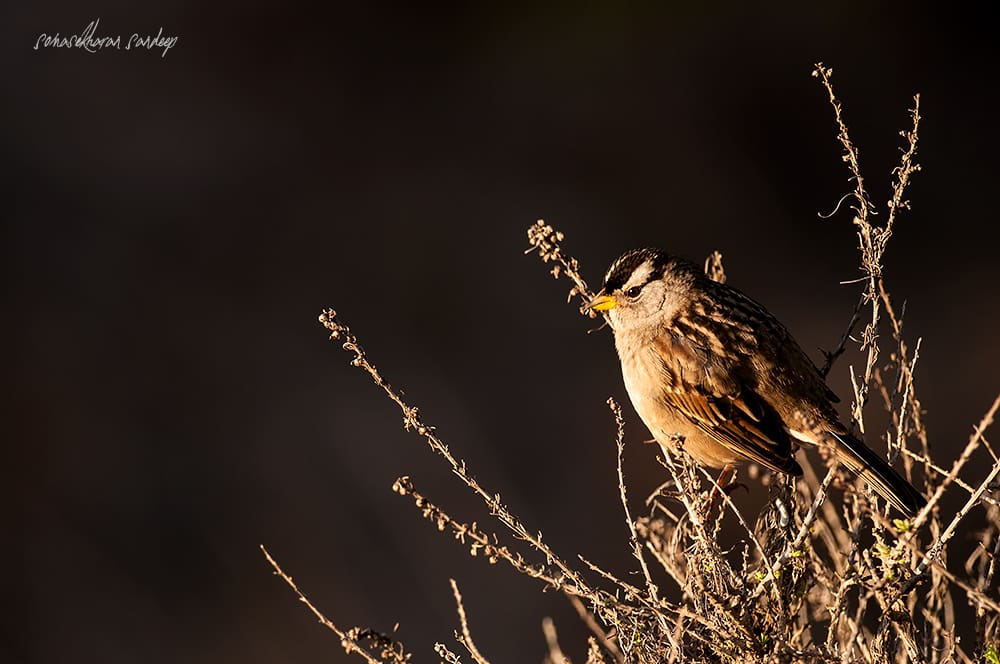
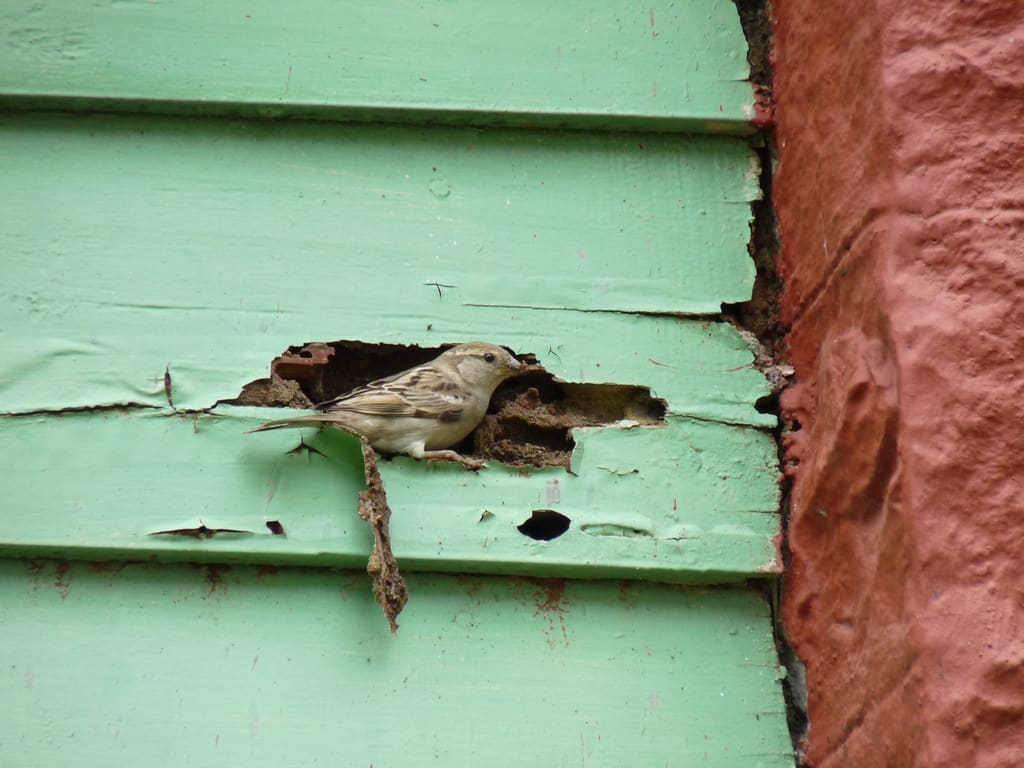
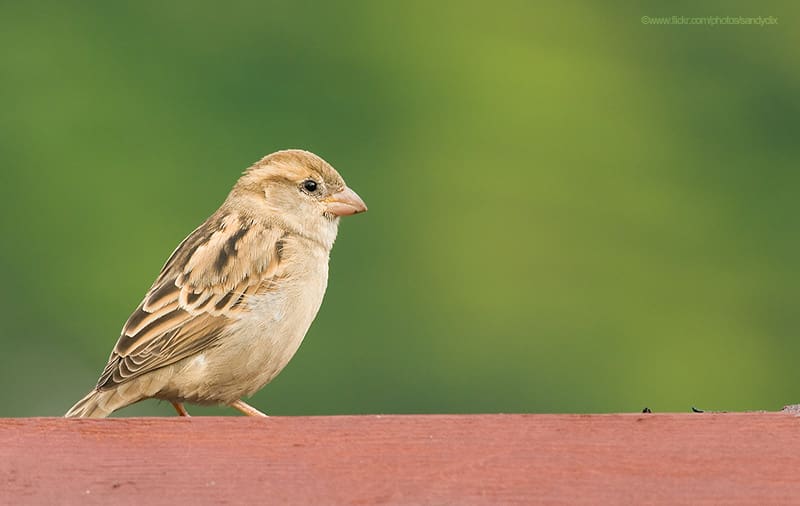
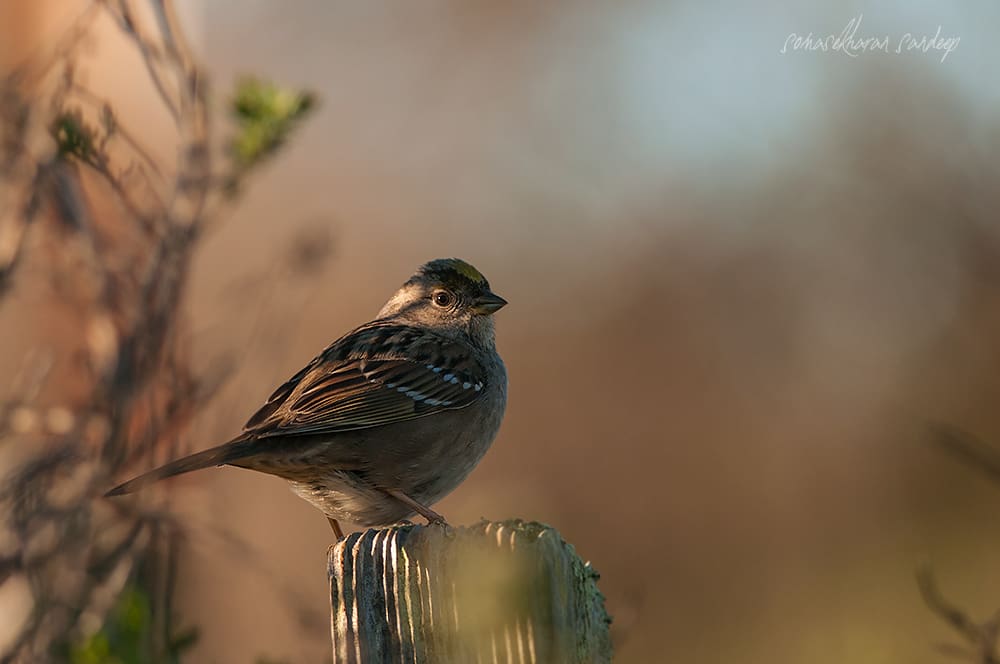
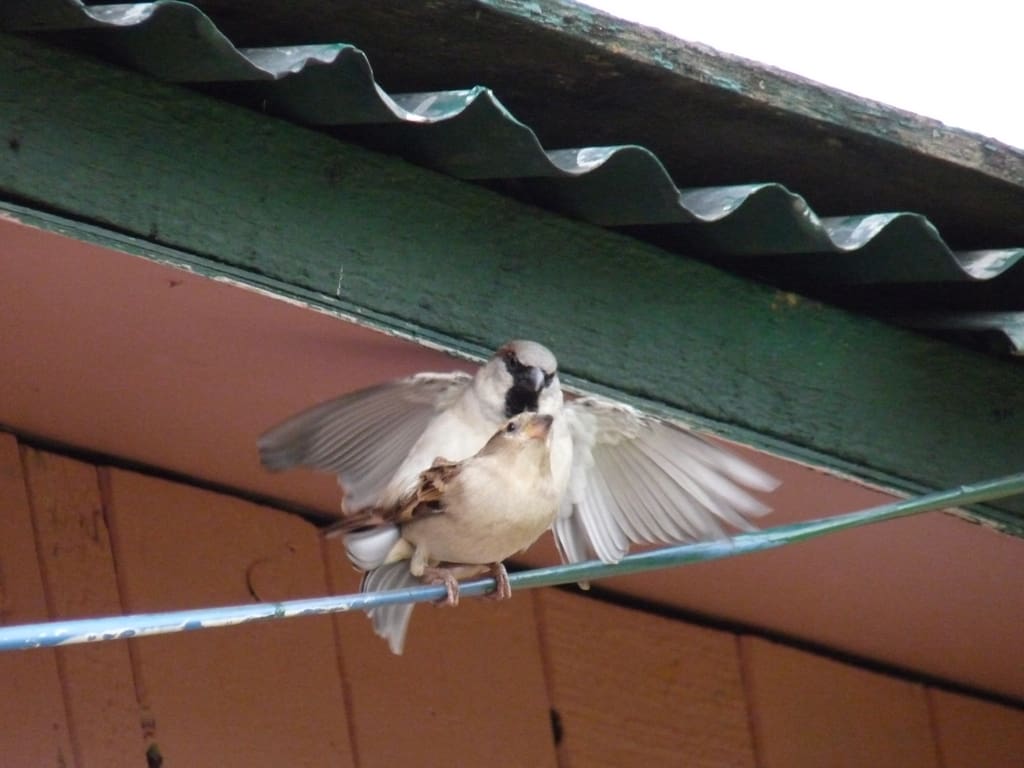
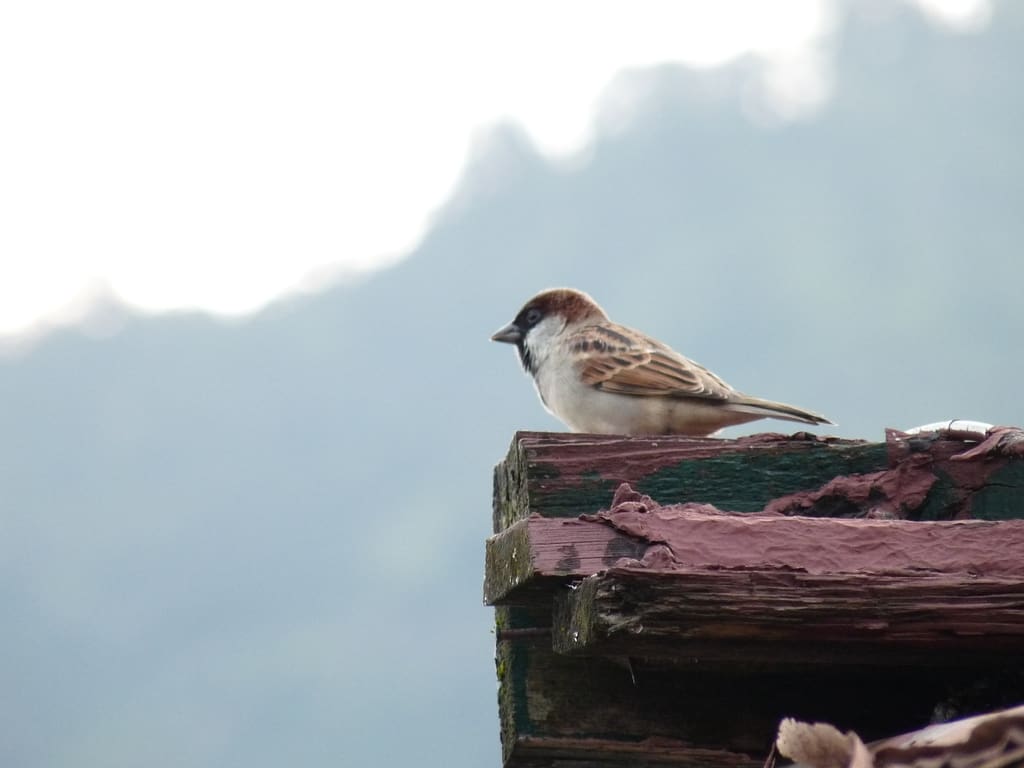
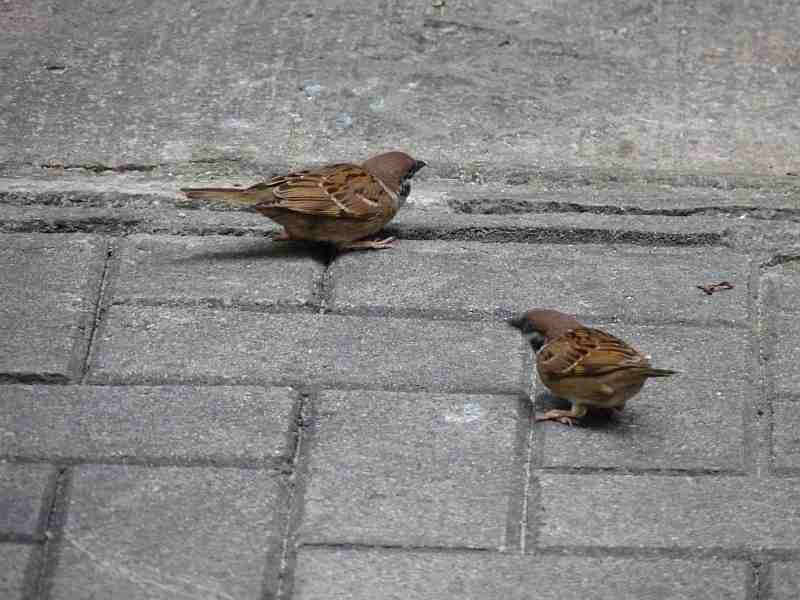
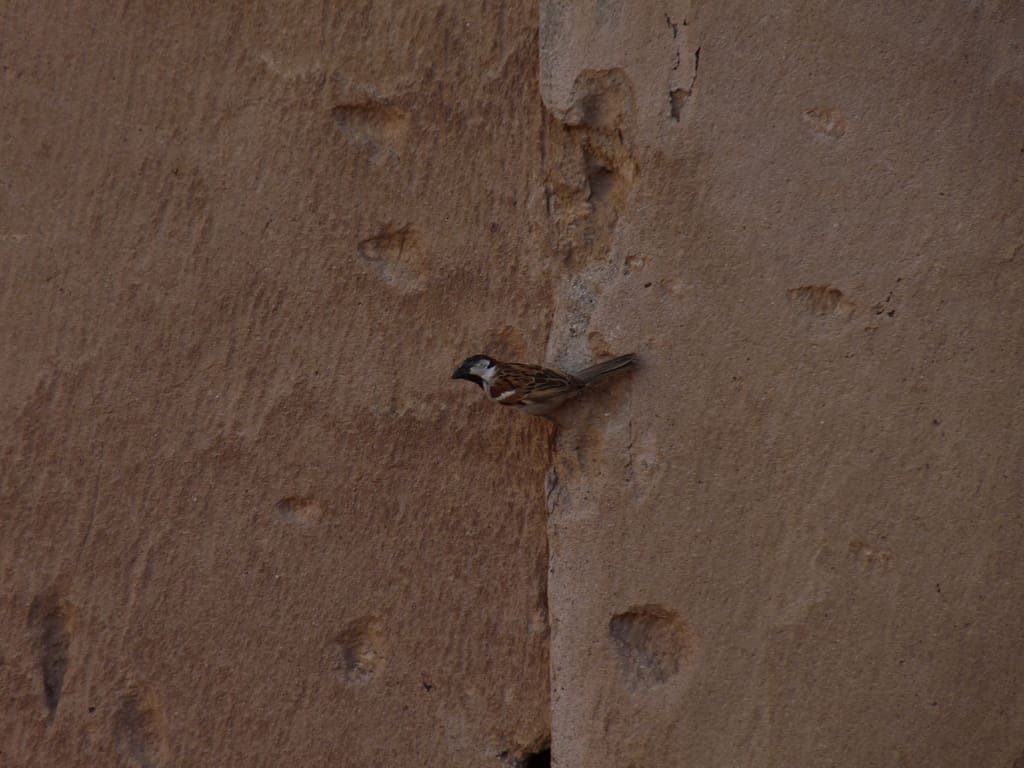
Photos by Beej and Sandy (as credited)
- TL;DR – Death Stalks Like A Marabou Stork - July 24, 2024
- Dimorphic Egret – Meet this East African mystery bird - June 8, 2024
- Encounter: Northern Treeshrew in Arunachal Pradesh - May 19, 2024

